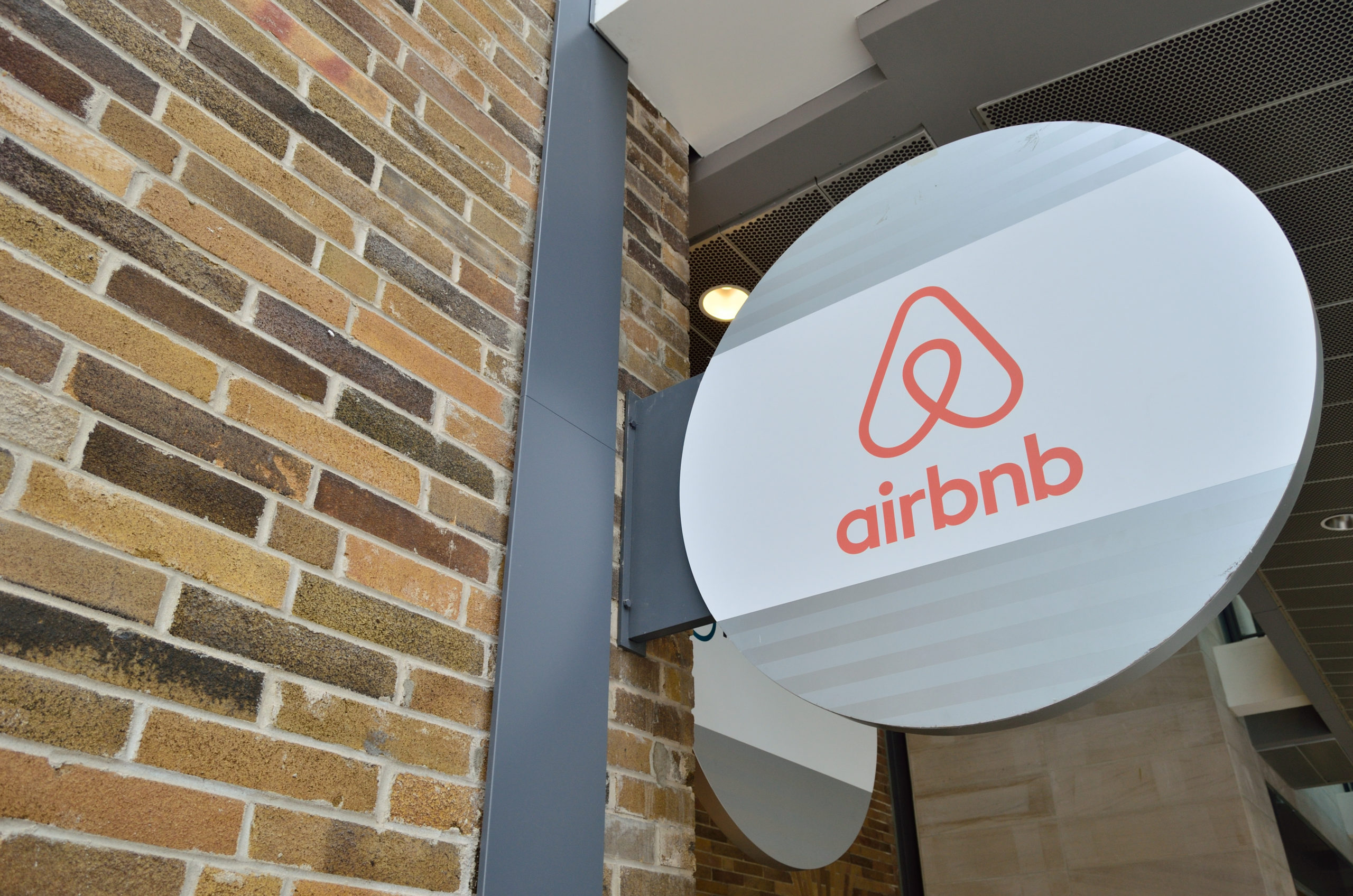For a first-time investor in Nairobi, two of the most talked-about entry points into passive income are Airbnb rentals and ride-hailing businesses like Uber or Bolt. Both have relatively low barriers to entry compared to large-scale real estate or traditional business setups, but they offer very different risk profiles, returns and operational demands.
Airbnb has grown rapidly in Nairobi, driven by domestic tourism, business travel and the rise of short-stay culture. A well-located one-bedroom apartment in areas like Kilimani, Kileleshwa or Westlands can fetch attractive nightly rates, often exceeding long-term rental yields. The flexibility of adjusting prices during peak seasons, that is holidays, conferences make Airbnb potentially more profitable than traditional leases. Additionally, property ownership provides capital appreciation over time, making it a dual-income investment rental income plus property value growth.
However, Airbnb hosting comes with its share of challenges. The initial cost is significant, purchasing or leasing, furnishing and marketing the unit requires substantial capital. It is also operationally demanding, as hosting involves guest management, cleaning and handling reviews to maintain ratings. Regulation is another factor, if stricter short-term rental laws are introduced, returns may be impacted.
On the other hand, investing in Ubers or other ride-hailing cars provides faster entry and quicker cash flow. With one or two vehicles and a reliable driver, an investor can start earning within days. The model has lower setup costs compared to buying property and does not require dealing with guests or bookings. However, it is highly dependent on driver management, fuel prices and vehicle maintenance. The cars also depreciate quickly, meaning the asset loses value every year and competition among drivers can reduce daily earnings.
For a first-time investor, the decision boils down to capital availability and involvement level. If you can afford the upfront cost and are comfortable managing a property or hiring a co-host, Airbnb offers higher upside and long-term asset growth. But if you prefer quicker liquidity, lower entry capital and less exposure to regulatory risk, Ubers can be a safer starting point.
Ultimately, Airbnbs are better suited for those looking for wealth building through real estate, while Ubers serve those seeking immediate cash flow and short-term returns. The best choice may even be a hybrid starting with Ubers to generate cash flow and eventually channeling the profits into a long-term Airbnb property.

















